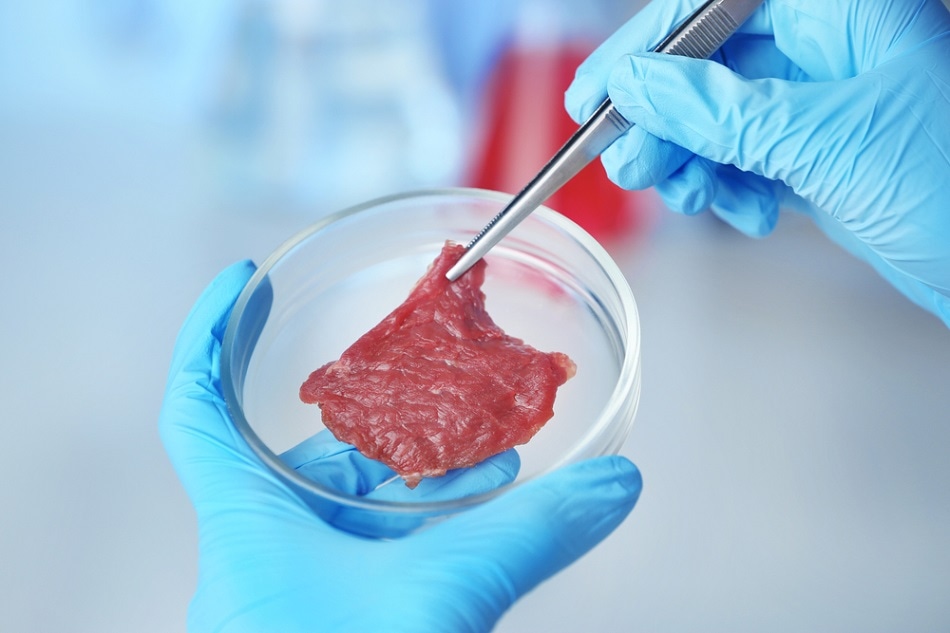Sep 9 2019
Scientists from the Polytechnic University of Valencia (UPV) have discovered a new method for monitoring the microbiological contents in meat products through the entire production process in a simple, accurate, and fast manner.
 Africa Studio / Shutterstock
Africa Studio / Shutterstock
In the food industry, one of the greatest hazards is intoxication due to the existence of pathogens in the products. These pathogens could arise from the raw material while the animal is sacrificed, or from any point in the production chain, implying that it is essential to perform microbiological and cleaning controls at various points.
Food safety regulation is rigorous and involves, for instance, the immobilizing of complete batches of products until test results are negative. This waiting time is specifically detrimental to the industry in the case of perishable foods like fresh meat.
Currently, a research team from the Centre for Nanophotonic Technology (NTC) of UPV, funded by the Valencian Agency for Innovation (AVI), has created integrated photonic sensors called Photonics Integrated Circuits (PIC), to manage the microbiological control of the meat industry.
As explained by the NTC spokespeople, one of the focuses in the food technology sector is to create affordable and fast measuring systems that can be used for the analysis and control of processes and products. Indeed, the perfect scenario would be to be in a position to track the parameters of interest at every step of the process in a cost-efficient way for all processed products.
At present, identifying the existence of pathogens is based on the conventional plate culture and counting techniques. These techniques need a waiting time of about 48 hours to acquire the results, and also need particular training on behalf of the laboratory technicians.
The sensors built at the NTC address all these drawbacks. They enable the detection of one of the greatest enemies of the industry, the Escherichia Coli bacteria, in a fast, economical, and highly accurate manner. Hence, the use of the sensors would, on one hand, “free up” immobilized food batches rapidly and, on the other hand, ensure the safety of the production chain of the food industry.
The NTC validated the sensors by partnering with LUMENSIA SENSORS, a Valencian startup with the aim to develop systems for biological control with applications linked to food safety.
The cooperation among both entities has led to a portable, very fast, cheap, simple to use method with a high sensitivity, which makes it possible to detect much smaller levels of presence of pathogens compared to the traditional systems that are currently used as a standard in microbiological control.
NTC researchers
The NTC kit has been created to identify E. Coli but can be generalized to detect other bacteria. “Thus, this new generation of sensors is seen as a great ally to guarantee the safety of products developed in the meat industry,” conclude the NTC researchers.
Technological Institute AINIA also contributed to the Project.